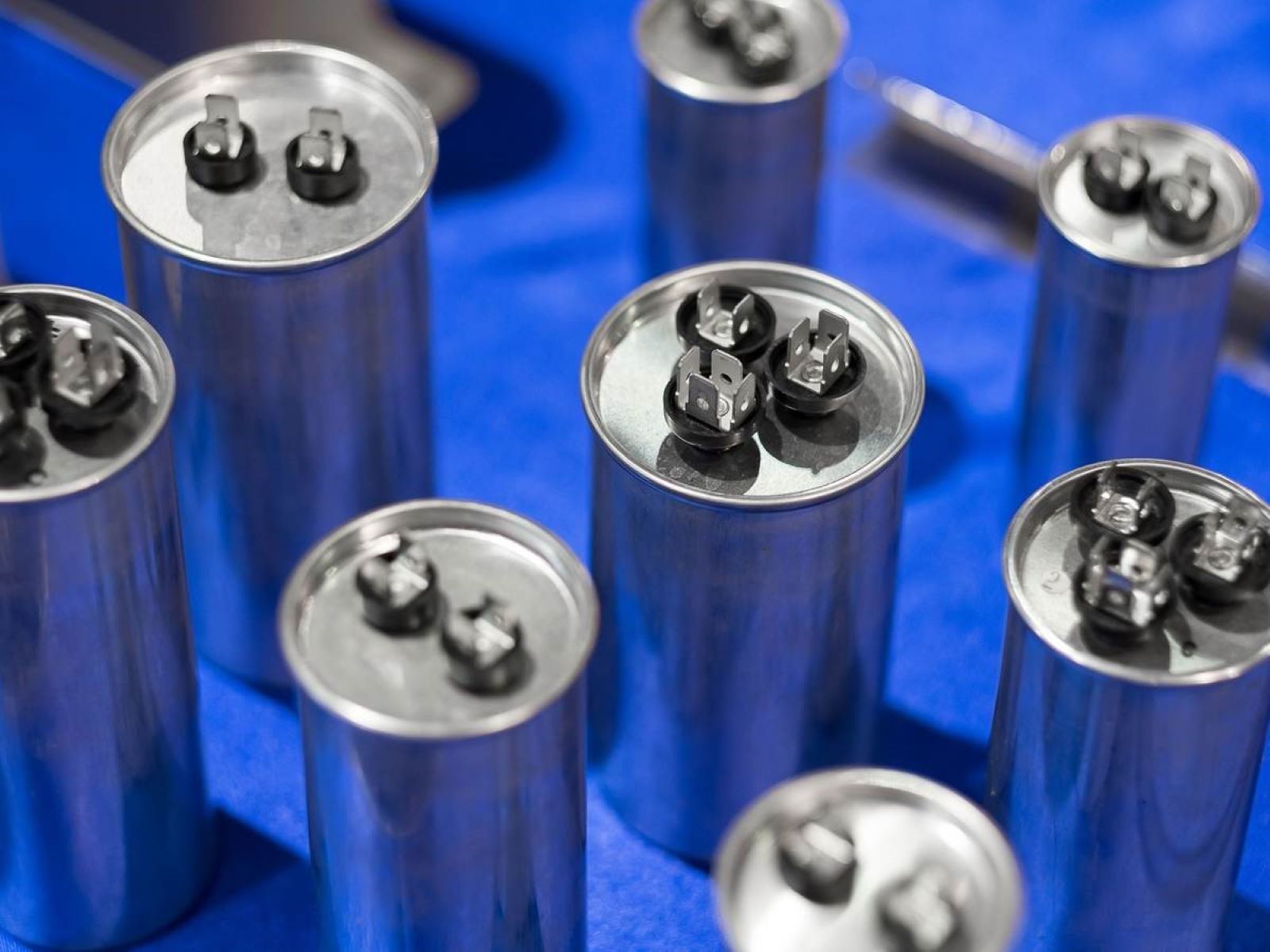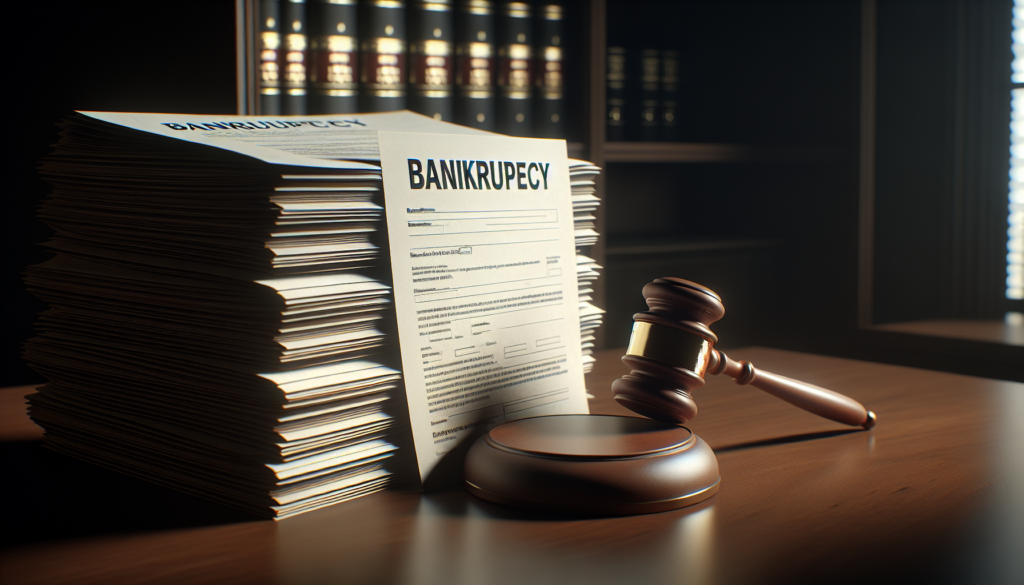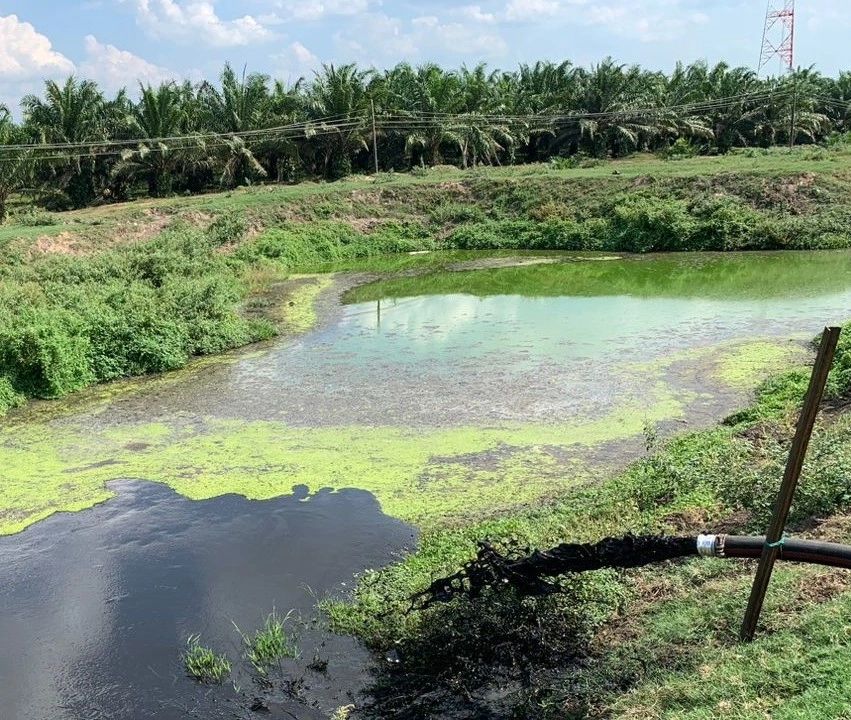Ch 7 Discharge - A creditor may no longer initiate or continue any. Your chapter 7 bankruptcy will discharge debts you had before filing but not after. An individual receives a discharge for most of his or her debts in a chapter 7 bankruptcy case. Debts dischargeable in a chapter 13, but not in chapter 7, include debts for willful and malicious injury to property, debts incurred to pay non. For most filers, a chapter 7 case will end when you receive your discharge—the order that forgives. What happens after discharge in a chapter 7? Findlaw outlines what a chapter 7 discharge is, including debts. Not even debts you incurred after filing but. Most debts can be removed after filing for chapter 7 bankruptcy.
Most debts can be removed after filing for chapter 7 bankruptcy. Debts dischargeable in a chapter 13, but not in chapter 7, include debts for willful and malicious injury to property, debts incurred to pay non. Not even debts you incurred after filing but. A creditor may no longer initiate or continue any. For most filers, a chapter 7 case will end when you receive your discharge—the order that forgives. An individual receives a discharge for most of his or her debts in a chapter 7 bankruptcy case. Your chapter 7 bankruptcy will discharge debts you had before filing but not after. Findlaw outlines what a chapter 7 discharge is, including debts. What happens after discharge in a chapter 7?
An individual receives a discharge for most of his or her debts in a chapter 7 bankruptcy case. Most debts can be removed after filing for chapter 7 bankruptcy. A creditor may no longer initiate or continue any. What happens after discharge in a chapter 7? Findlaw outlines what a chapter 7 discharge is, including debts. Not even debts you incurred after filing but. For most filers, a chapter 7 case will end when you receive your discharge—the order that forgives. Your chapter 7 bankruptcy will discharge debts you had before filing but not after. Debts dischargeable in a chapter 13, but not in chapter 7, include debts for willful and malicious injury to property, debts incurred to pay non.
Ch7 odds only Answers to the ch 7 questions odds only Learning
Your chapter 7 bankruptcy will discharge debts you had before filing but not after. Most debts can be removed after filing for chapter 7 bankruptcy. Findlaw outlines what a chapter 7 discharge is, including debts. Debts dischargeable in a chapter 13, but not in chapter 7, include debts for willful and malicious injury to property, debts incurred to pay non..
Ch 7 MATERNAL HEALTH Ch 7 Many infusion pumps can deliver rates
For most filers, a chapter 7 case will end when you receive your discharge—the order that forgives. Debts dischargeable in a chapter 13, but not in chapter 7, include debts for willful and malicious injury to property, debts incurred to pay non. An individual receives a discharge for most of his or her debts in a chapter 7 bankruptcy case..
Cartridge Canon CH7 SIPLah
Your chapter 7 bankruptcy will discharge debts you had before filing but not after. For most filers, a chapter 7 case will end when you receive your discharge—the order that forgives. A creditor may no longer initiate or continue any. Debts dischargeable in a chapter 13, but not in chapter 7, include debts for willful and malicious injury to property,.
How To Discharge A Capacitor Regretless
A creditor may no longer initiate or continue any. An individual receives a discharge for most of his or her debts in a chapter 7 bankruptcy case. What happens after discharge in a chapter 7? For most filers, a chapter 7 case will end when you receive your discharge—the order that forgives. Debts dischargeable in a chapter 13, but not.
What Is The Chapter 7 Discharge? File 7 File 13
Debts dischargeable in a chapter 13, but not in chapter 7, include debts for willful and malicious injury to property, debts incurred to pay non. Findlaw outlines what a chapter 7 discharge is, including debts. What happens after discharge in a chapter 7? Most debts can be removed after filing for chapter 7 bankruptcy. An individual receives a discharge for.
Understanding Chapter 7 Bankruptcy Discharge and its Exceptions
A creditor may no longer initiate or continue any. Your chapter 7 bankruptcy will discharge debts you had before filing but not after. Most debts can be removed after filing for chapter 7 bankruptcy. An individual receives a discharge for most of his or her debts in a chapter 7 bankruptcy case. Not even debts you incurred after filing but.
Taking control of a Solids Pumps Discharge....
A creditor may no longer initiate or continue any. For most filers, a chapter 7 case will end when you receive your discharge—the order that forgives. What happens after discharge in a chapter 7? Not even debts you incurred after filing but. Debts dischargeable in a chapter 13, but not in chapter 7, include debts for willful and malicious injury.
The Chapter 13 Discharge Chapter 13 Bankruptcy Attorney
A creditor may no longer initiate or continue any. For most filers, a chapter 7 case will end when you receive your discharge—the order that forgives. Debts dischargeable in a chapter 13, but not in chapter 7, include debts for willful and malicious injury to property, debts incurred to pay non. Not even debts you incurred after filing but. Most.
SOLUTION Discharge plan sample Studypool
Most debts can be removed after filing for chapter 7 bankruptcy. What happens after discharge in a chapter 7? Your chapter 7 bankruptcy will discharge debts you had before filing but not after. An individual receives a discharge for most of his or her debts in a chapter 7 bankruptcy case. Debts dischargeable in a chapter 13, but not in.
Why Chapter 13? Part 7, Chapter 7 Discharge Not Available YouTube
A creditor may no longer initiate or continue any. Debts dischargeable in a chapter 13, but not in chapter 7, include debts for willful and malicious injury to property, debts incurred to pay non. An individual receives a discharge for most of his or her debts in a chapter 7 bankruptcy case. Most debts can be removed after filing for.
An Individual Receives A Discharge For Most Of His Or Her Debts In A Chapter 7 Bankruptcy Case.
Findlaw outlines what a chapter 7 discharge is, including debts. For most filers, a chapter 7 case will end when you receive your discharge—the order that forgives. Your chapter 7 bankruptcy will discharge debts you had before filing but not after. Debts dischargeable in a chapter 13, but not in chapter 7, include debts for willful and malicious injury to property, debts incurred to pay non.
What Happens After Discharge In A Chapter 7?
A creditor may no longer initiate or continue any. Most debts can be removed after filing for chapter 7 bankruptcy. Not even debts you incurred after filing but.









